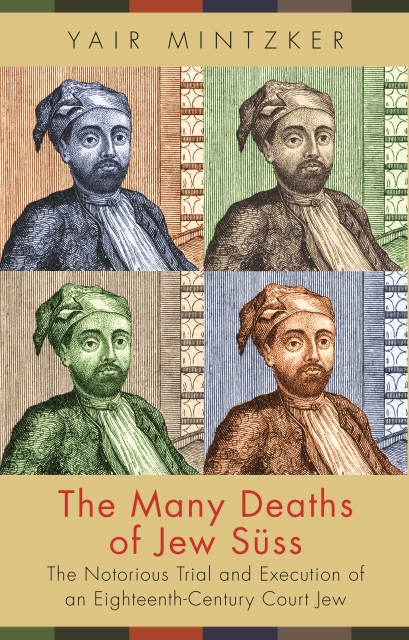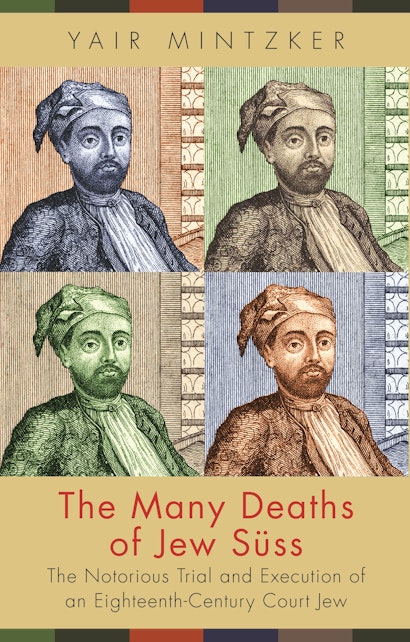“Norman: The Moderate Rise and Tragic Fall of a New York Fixer” is a delightful movie. Directed by Joseph Cedar (“Beaufort,” “Footnote”), it tells the story of Norman Oppenheimer, a gentle if somewhat overbearing middle-aged man, who operates as a wheeler-dealer on the fringe of New York Jewish society. Oppenheimer has a murky past and a gloomy present. He does not seem to have much of a family, a physical office, or even a home. But one day he runs into Micha Eshel, a rising star in Israeli politics, and in the spur of the moment buys him a pair of expensive shoes as a gift. Eshel is touched by the unexpected gesture, and three years later, when he becomes Israel’s prime minister, the two reconnect. What follows is a series of tragicomic events that change both men’s lives forever.
“Norman” has an impressive cast, including Richard Gere in the main role, Lior Ashkenazi as the Israeli politician, and Steven Buscemi, Charlotte Gainsbourg, Michael Sheen, and Hank Azaria. The exaggerated Jewish characters, the over-the-top accents, the Woody Allen-like dialogues, and even the soundtrack, all place “Norman” firmly within contemporary American Jewish culture. This, together with the movie’s many subtle criticisms of Israeli politics, makes it a natural American sequel to Cedar’s wonderful previous film, “Footnote,” which was nominated for an Academy Award in 2012 in the category of Best Foreign Film (Cedar is Israeli). And yet there is more to “Norman” than immediately meets the eye.
Three hundred years ago, there lived another Jewish “fixer” named Oppenheimer whom “Norman” is clearly referencing. His full name was Joseph Süss Oppenheimer, though he is better known today as “Jew Süss.” Just like Cedar’s fictional character, the historical Oppenheimer started too as a small time operator, befriended an up-and-coming politician, and quickly rose to power. And just like his modern namesake, Joseph Süss Oppenheimer eventually also fell from power in scandal and disgrace.
Süss Oppenheimer was born in Heidelberg in 1698, and became in 1733 the “court Jew” (personal banker and advisor) of the duke of the small German state of Württemberg. He quickly became rich and powerful. But when the duke died unexpectedly in 1737, the local authorities arrested Oppenheimer, put him on trial, and finally executed him for a series of made-up charges, including treason and sexual transgressions against Christian women.
Extremely well known in other parts of the world, in the United States “Jew Süss” is remembered today mainly through a vicious Nazi propaganda movie made about him in 1940 at the behest of Joseph Geobbels. In a recent interview with the Israeli newspaper Ha’haretz, Cedar acknowledged the influence of this background story on “Norman.” What does Cedar gain or lose by drawing a parallel between Norman Oppenheimer and “Jew Süss”? This much is clear: though the historical Oppenheimer was executed nearly three centuries ago, his trial never really ended. Already during his trial, it was clear that what was being placed in the scales of justice was not any of the accused’s supposed crimes. Rather, the significance of his story is to be found in the role it came to play as a parable about Jews’ attempts to integrate themselves into modern, non-Jewish society. Here was a man who tried to fit in, and seemed to for a time, but who was eventually rejected; a Jew who enjoyed much success but then faced extreme prejudice, prosecution, and eventually death. Thus, at every juncture when Europeans addressed the “Jewish Question,” the story of this man moved to center stage, where it was investigated, dramatized, and even set to music.
It is no exaggeration to say that “Jew Süss” is to the European collective imagination what Shakespeare’s Shylock is to educated Americans today. Therein lies “Norman’s” ultimate weakness. Tying it to the story of “Jew Süss” without ever mentioning anti-Semitism is to flatten a three-dimensional story. It’s akin to claiming that the Merchant of Venice is only about Shylock’s relationship with other Jews. Modern Jewish history, in the eighteenth century as well as today, is more than just the story of machers and more, too, than how Jews treat themselves. In that respect, and though it is really quite delightful, “Norman” is an unsatisfying movie. It is not a good retelling of the story of the legendary “Jew Süss.”
Yair Mintzker is associate professor of history at Princeton University. He is the author of The Many Deaths of Jew Süss: The Notorious Trial and Execution of an Eighteenth-Century Court Jew.

